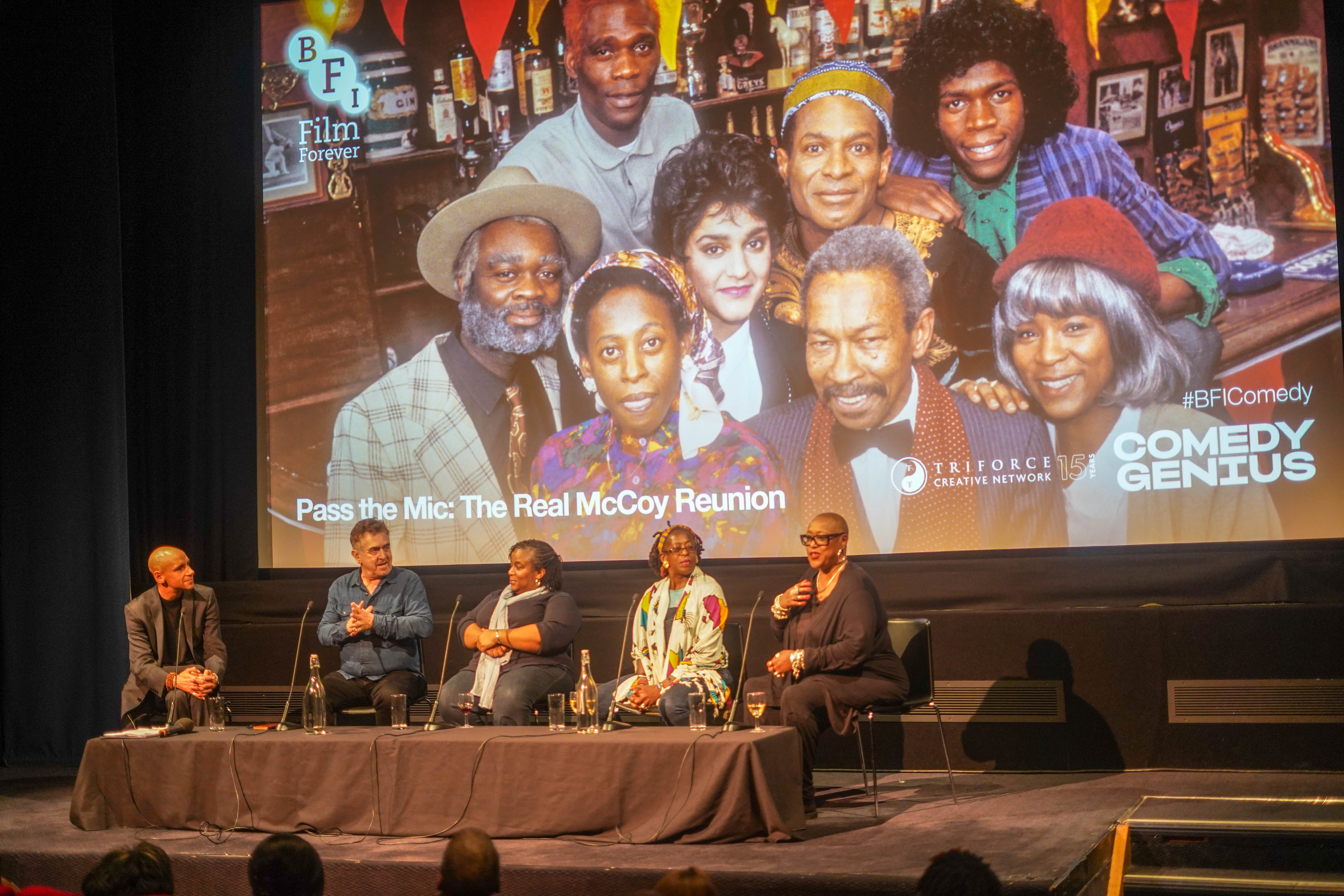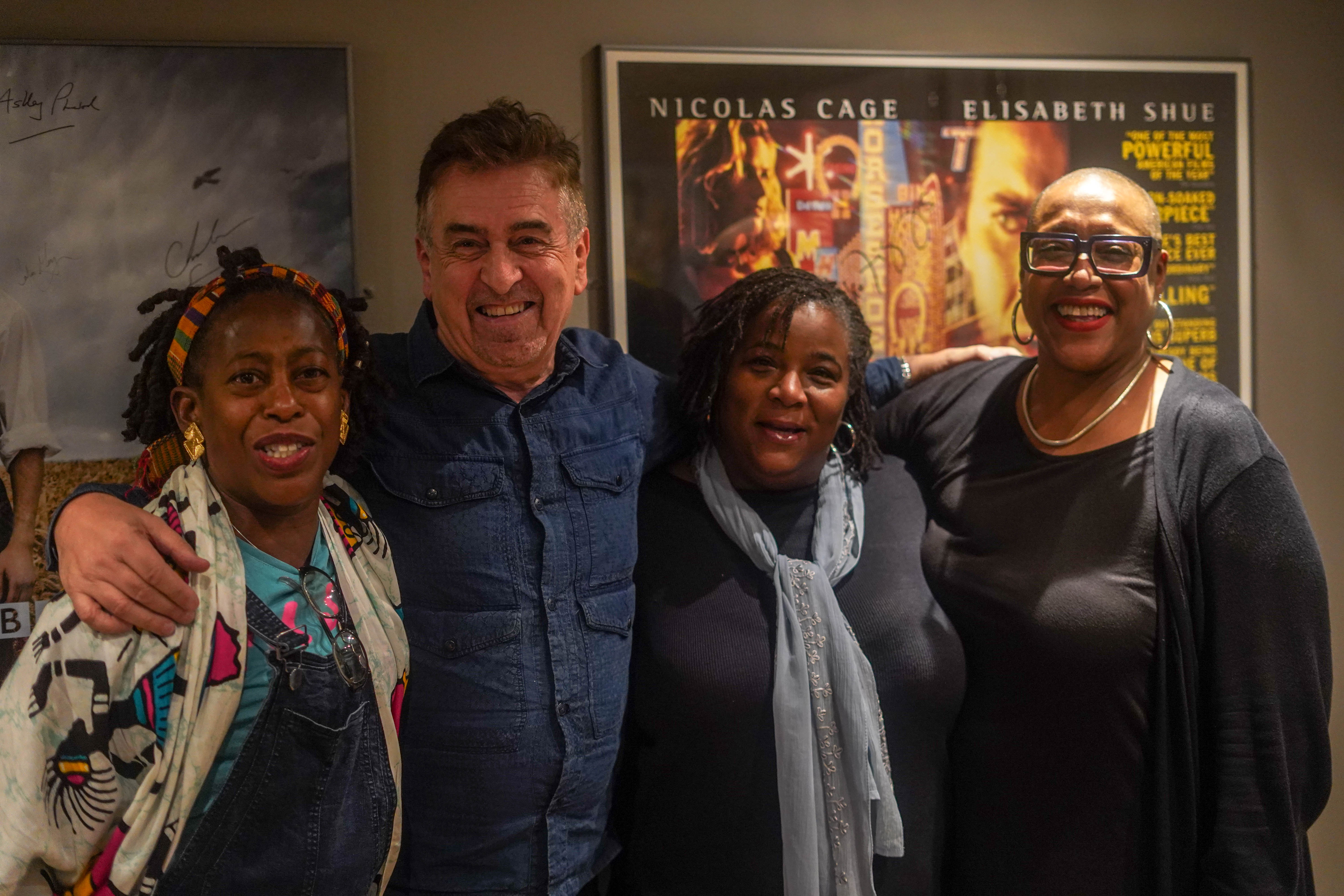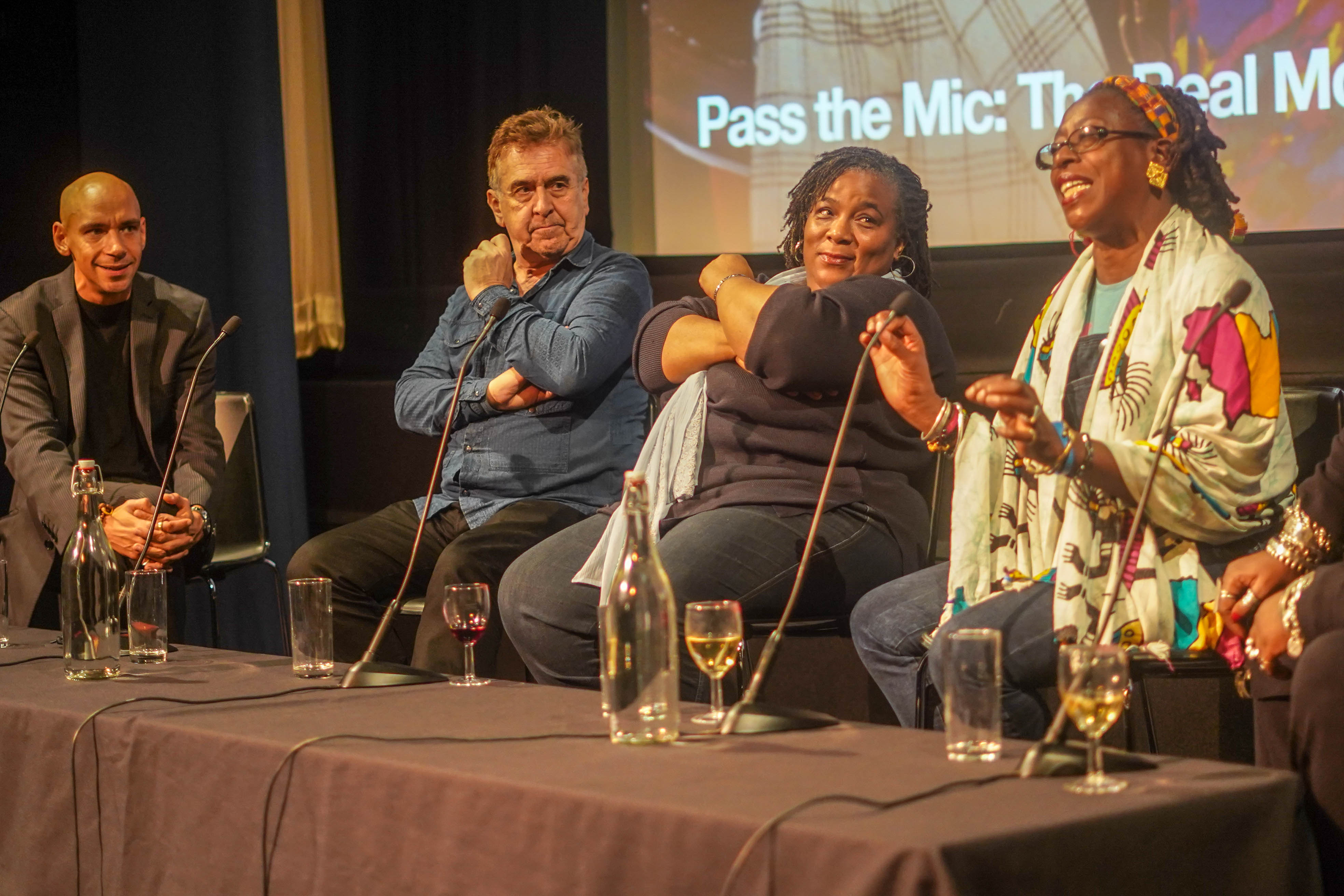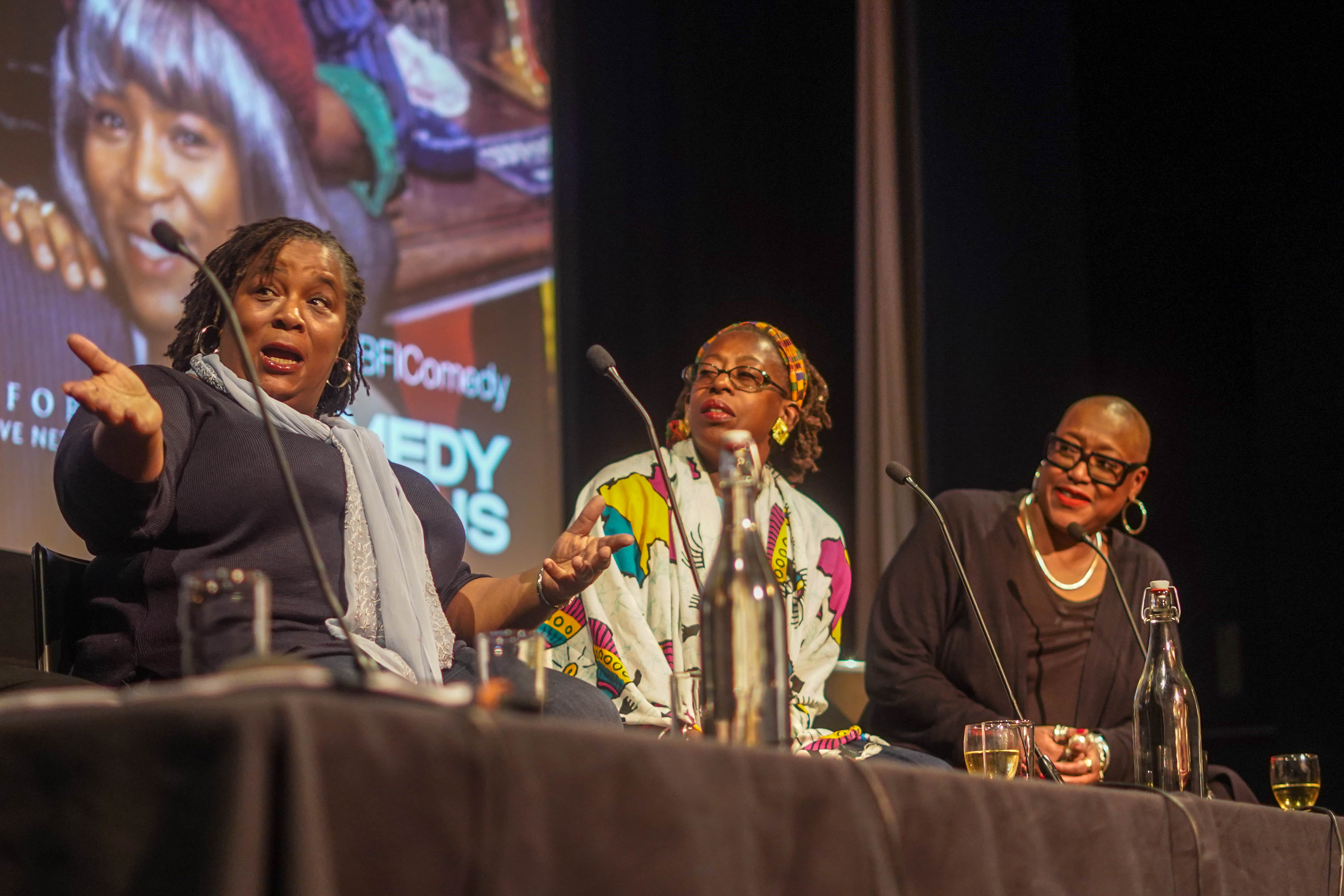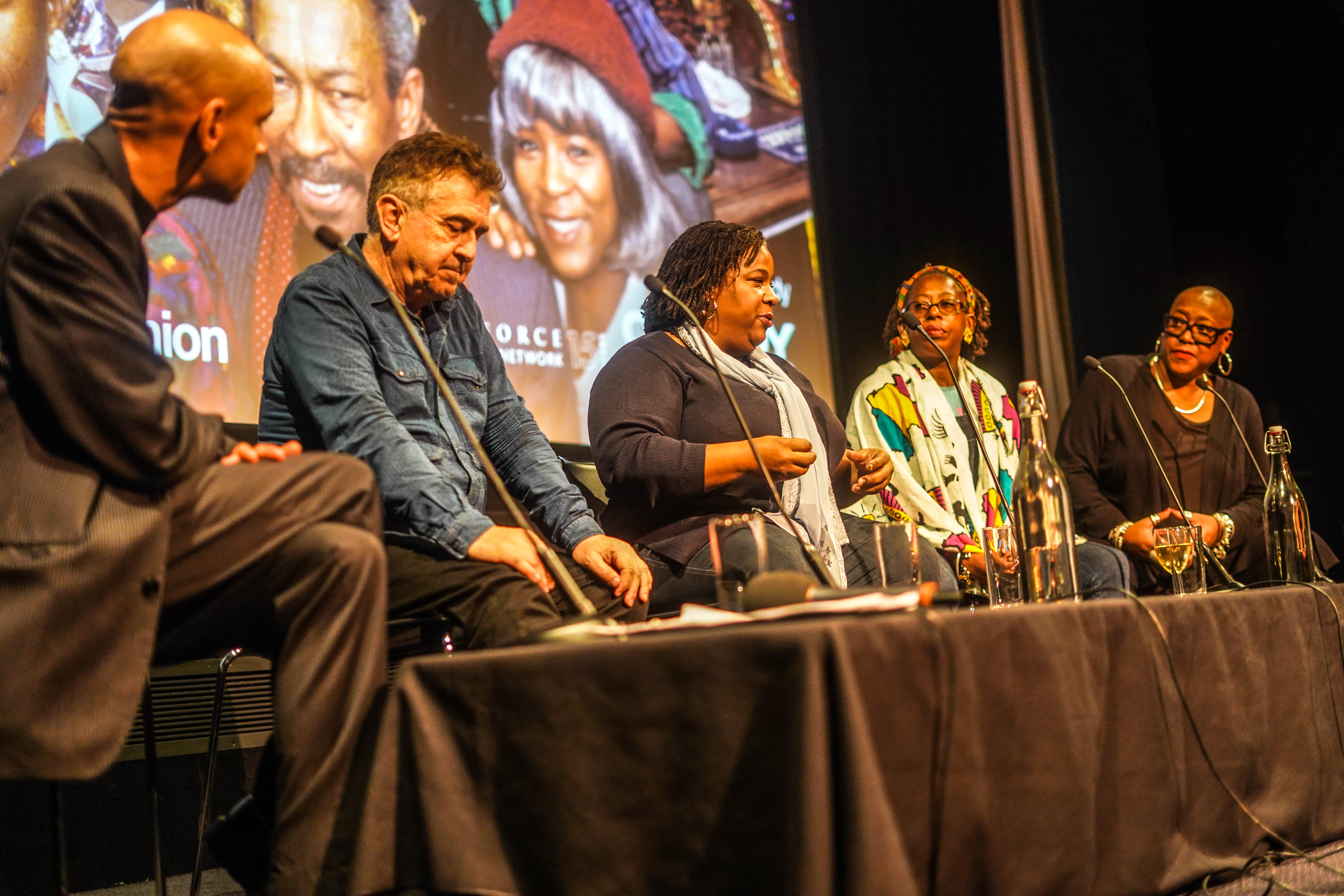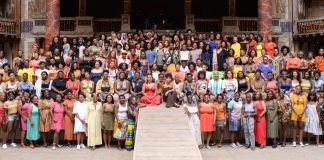For anyone of a certain age and from a certain generation one of the finest comedy series’ this country ever produced didn’t feature a family of wheeler dealers, or an office of oddballs or a hotel that you would never wish to stay at.
It feels criminal that we can’t watch the series fully anywhere and I would like to conclude by appealing to the BBC to sort it out, remaster it and show it some long overdue love
No, for myself and many others The Real McCoy was a benchmark of big laughs, biting satire, whip smart observations and cool, charming and occasionally charmless characters. Simply put, it was a classic, which to this day still doesn’t receive nearly enough credit for how it broke new ground and showcased and discussed not only the black and Asian experience in the UK but also how it transmitted and transferred that into the homes of the nation.
When I say it doesn’t get the credit, the fact you are unable to find it fully anywhere (BBC iplayer I’m calling you out), yet re-runs of un-pc and arguably racist comedies (Little Britain I’m calling you out) are still repeated endlessly on comedy channels says much for the lack of respect it gets and fully deserves.
So now you know where this review is headed. I’m a proper fan. So when the opportunity to hear some of the cast and key creative crew talk about their barnstorming creation arose it was an unmissable event, and it didn’t disappoint even if many of the cast weren’t there also.
Slotting beautifully into the BFI’s Comedy Genius season the event was hosted by Fraser Ayres of the Triforce Creative Network and begun with a screening of the very first episode, which was swiftly followed by a panel discussion and Q&A with producer Paulette Randall, director Charlie Hanson and stars Llewella Gideon and Judith Jacob.
The first episode was refreshing to see as I myself had never seen it yet it speaks volumes about the way the show has since been treated that the copy was unfortunately an old broadcast version, almost akin to VHS. This however didn’t diminish the intent or content. The jokes still worked but it just reinforced the feeling that the show has been treated so poorly by the powers that be.
As for the discussion it was insightful and poignant particularly when talk turned to the lack of work that followed for some of the key cast and also the gap of some two decades where nothing in a similar vein has been commissioned and graced British screens. The reasoning and arguments posed by the team were numerous but essentially boiled down to the same discussions still being had about representation and diversity at the highest level and the identity of the gate keepers and those who commission. As that changes so will the output.
The trouble is that The Real McCoy drew large viewing figures and existed at a time when Desmonds was beating Friends in the ratings on CH4. It undoubtedly helped paved the way for a show like Goodness Gracious Me, which shared some McCoy cast, but as we discovered they were then crucially omitted from that show when it went into production. Whether this is relevant to the bigger picture is up for debate but what is clear is that when the BBC commissioned The Real McCoy they took a risk and were rewarded with a genuine chameleon like classic that spoke to viewers of all races and backgrounds. It was as much about being British in the 90’s as it was about diversity and it tapped into so much of the fear, anger and alarm of the Thatcher and Major years.
Subsequent years have proved that there has been a lack of similar bravery by the Beeb to speak to all audiences and as such they have neglected not only the talent responsible for the series, from the young writers who made their breakthrough on it, to the cast who left an indelible mark in the hearts and minds of many viewers. Curtis Walker and Robbie Gee are names that will never leave my memory.
One of the night’s more touching moments was when talk turned to the late Felix Dexter and how his input gave the show something even more unique and theatrical
One of the night’s more touching moments was when talk turned to the late Felix Dexter and how his input gave the show something even more unique and theatrical. His monologues are still the stuff of legends so it was genuinely moving to hear how he found his way from the stages of comedy showcases to the show, as many of the stars also did. In fact the tale of how Charlie Hanson took the then commissioner at the Beeb to see a showcase featuring many of the cast and his response during a live recording later, which was something along the lines of “I don’t understand most of it but everyone else is laughing, so you have a show” just goes to show how brave everyone involved had to be to say and do the things they did. They all had to own it and by doing that they really did inspire a generation who are only now just starting to force their way into the limelight.
It feels criminal that we can’t watch the series fully anywhere and I would like to conclude by appealing to the BBC to sort it out, remaster it and show it some long overdue love. If Little Britain can still get syndicated, showcasing its tired racist barrage of repugnant stereotypes then a series like The Real McCoy, which was made with love, graft and contained genuine genius and ground-breaking comedy should be made available. Until that happens the same arguments about the mistreatment of black stories in the media and arts won’t go away. Nor will the nostalgia and deserved love for The Real McCoy.






















